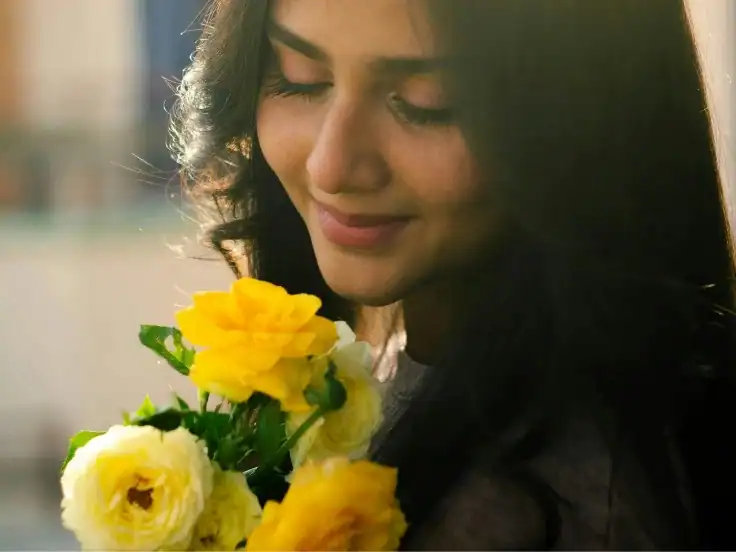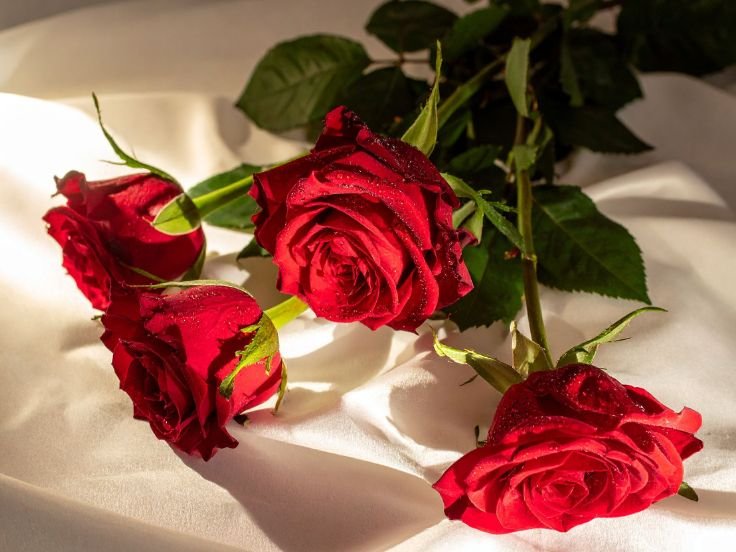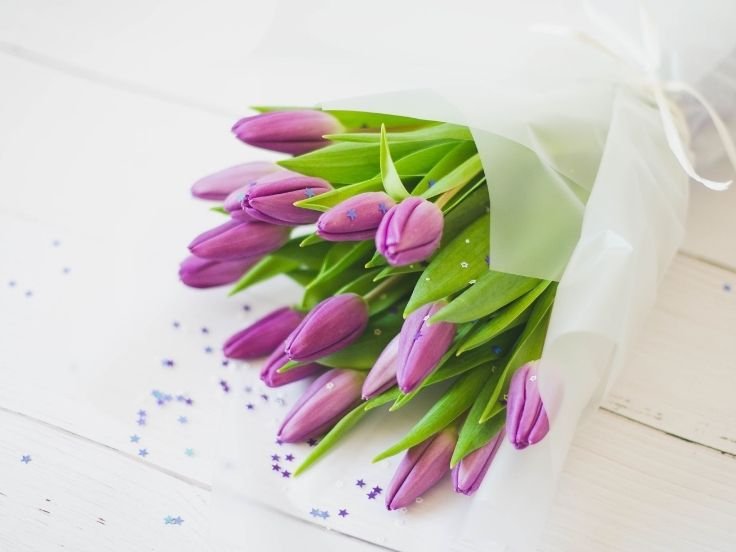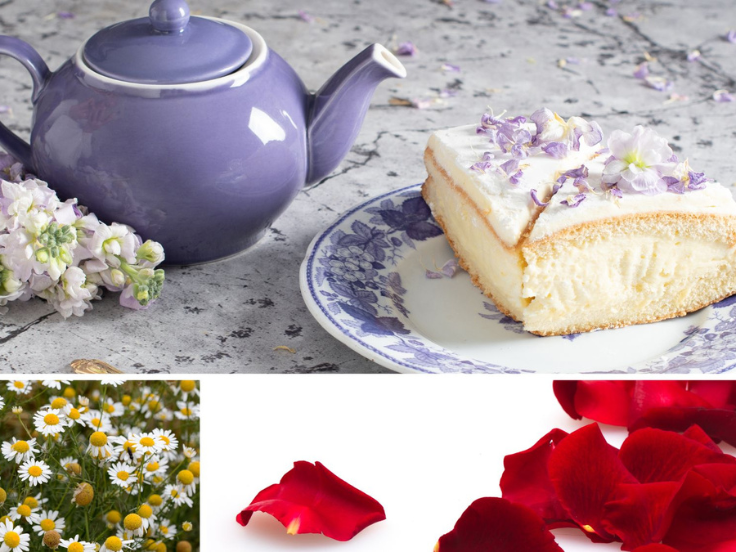108 Silver Flowers: Sacred Treasures for Divine Worship and Home Décor
Flowers perform a subtle yet significant role in people’s everyday lives. They are used all around the world for spiritual, aesthetic, and other purposes. However, the fleeting nature of natural flowers presents a challenge – they wilt. While this impermanence might appeal to some, those seeking to preserve the beauty of silver flowers find to be the perfect solution.
Throughout history, people have preferred using silver flowers for pooja and religious ceremonies. Let’s explore the fascinating reasons behind this tradition!
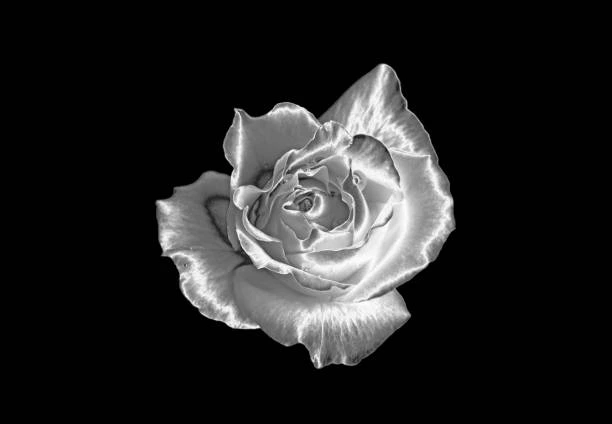
The Intertwining of Culture, Spirituality, and Silver Flowers
Precious metals like gold and silver have adorned temples throughout India’s rich cultural history, representing both material value and spiritual significance. Specifically hold a special place due to what they symbolize in spiritual practices. Silver is often linked to the moon’s gentle energy and is ascribed feminine characteristics. It symbolizes virtue, clarity, and spiritual insight.
Sacred metals like silver have been used throughout history for the construction and embellishments of divine spaces, such as temples, churches, mosques, and shrines. Devotees commonly offer silver items as donations to deities, continuing an ancient tradition of devotion and respect.
In ancient India, Ayurvedic practices documented the therapeutic use of silver, revealing not just its spiritual significance but also its healing properties. Silver’s antimicrobial qualities were recognized long before modern science confirmed these benefits.
In contemporary culture, silver flowers and other silver gifts remain popular choices for cultural and religious occasions, as they’re believed to bring good fortune and blessings to both giver and receiver.
Silver serves as the “poor man’s gold,” performing a vital function in Indian culture due to its greater accessibility compared to gold. This availability makes especially appealing choice for use in poojas and religious ceremonies across economic backgrounds.
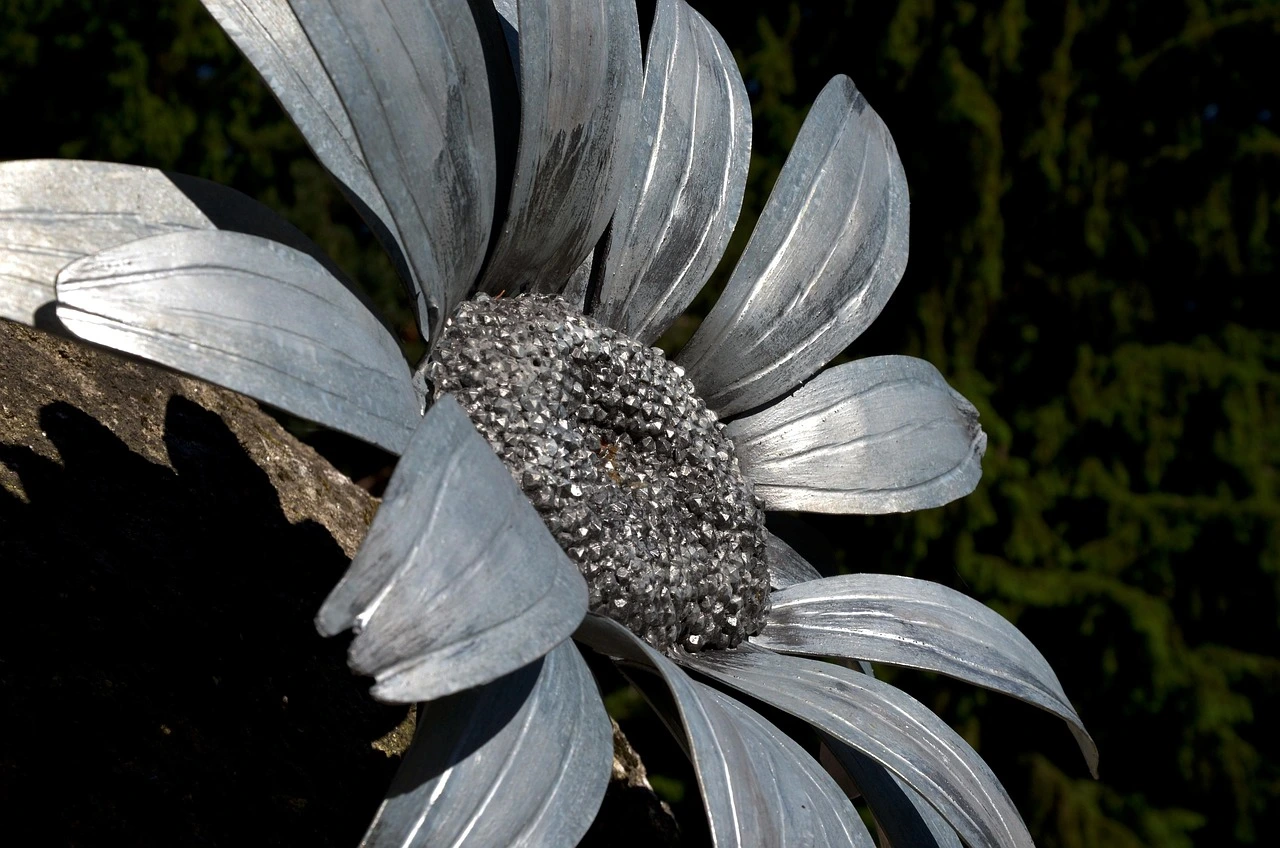
Why 108 Silver Flowers Are Considered Auspicious
Those familiar with Hindu rituals might notice that devotees frequently use exactly 108 silver flowers for pooja ceremonies. This specific number carries profound significance across multiple spiritual traditions.
The number 108 represents existential unity and wholeness in spiritual mathematics. It holds special importance in many different religions across India and Asia, deeply intertwined with various cultural practices and beliefs.
Significance in Hinduism
The number 108 appears repeatedly within Hindu traditions and sacred texts:
- The total number of principal Upanishads is traditionally counted as 108
- Many traditions believe the number of Mukhya Shivaganas (principal attendants of Lord Shiva) is 108
- It’s said that Lord Shiva’s cosmic Tandava dance has precisely 108 postures
- Several traditions recognize 108 Gopis, particularly noted for their devotion to Lord Krishna
- During religious ceremonies, deity names are often chanted using a 108-bead mala
- The Sudarshana Chakra of Lord Vishnu is described as having 108 serrated edges
- Each major deity has 108 names in traditional texts
- The number guides meditation practices, pranayama techniques, and other yogic philosophy
Importance in Buddhism
In Buddhist traditions, the number 108 carries equal significance:
- It represents all possible sensory experiences a person can encounter
- Some schools identify 108 specific defilements or negative mental states
- According to the Lankavatara Sutra, the Buddha was presented with 108 profound questions
- Many Buddhist temples feature exactly 108 steps leading to their sanctuaries
- The number appears prominently in Tibetan legends and Japanese Buddhist practices
The number 108 also holds importance in Jain traditions and appears in certain Christian numerological interpretations. Beyond religion, this number has mathematical significance, especially in geometry and certain martial arts traditions.
With such profound cultural and spiritual importance, it’s no wonder that 108 silver flowers remain the preferred quantity for meaningful religious offerings and ceremonies.
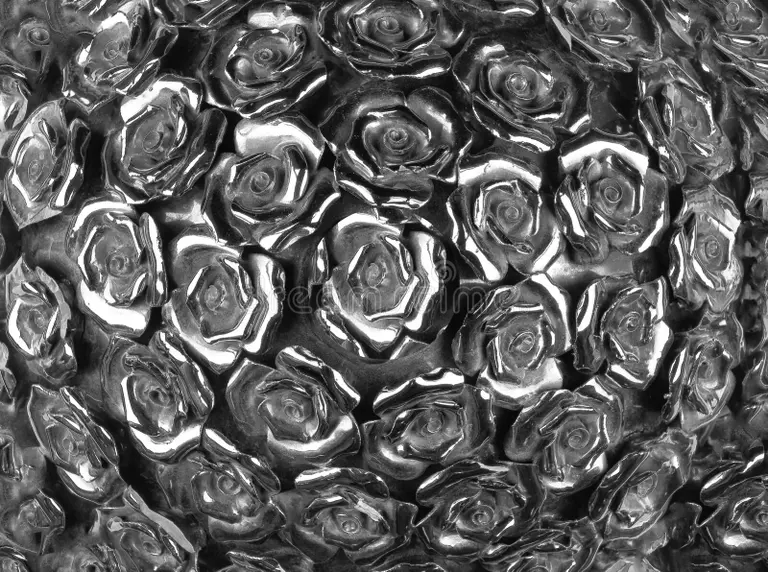
Conclusion: The Timeless Appeal of Silver Flowers
Silver flowers represent an essential aspect of cultural and religious practices across India. Their significance extends far beyond mere decoration, embodying deep spiritual symbolism while also providing practical benefits.
As explored above, silver flowers hold importance not only in religious ceremonies but also as valuable investments. As “the poor man’s gold,” floral creations made from silver provide the security of owning a precious metal while adding beauty to your sacred spaces. At Gulmahal Flowers, we offer various designs of silver flowers that combine traditional craftsmanship with modern elegance.
Silver flowers perfectly complement Hindu prayer spaces aesthetically, especially when used in sets of 108 for rituals and poojas. However, the versatile beauty of silver flowers makes them suitable for enhancing any home’s décor, regardless of religious affiliation.
The everlasting beauty and spiritual significance of silver flowers makes them treasured possessions for generations. They represent both tradition and timeless elegance that never wilts or fades.
What are your thoughts about silver flowers and their cultural significance? We’d love to hear your perspectives! Share your experiences or questions with us at staff@gulmahal.in or browse our collection of exquisite silver pooja items today.
Written by: Parul Hunnargikar
Why are exactly 108 silver flowers used in Hindu poojas?
The number 108 holds deep spiritual significance across Hindu traditions. It represents completeness and divine harmony, appears in many sacred texts, and corresponds to important astronomical calculations. Using 108 silver flowers creates an auspicious offering that aligns with ancient spiritual mathematics.
How do silver flowers compare to real flowers for religious ceremonies?
Silver flowers offer permanence, reusability, and symbolic value that natural flowers cannot provide. While fresh flowers represent beauty and impermanence, silver flowers symbolize eternal devotion and carry investment value. Many devotees use both – fresh flowers for daily rituals and silver flowers for special ceremonies.
What makes silver especially important in religious contexts?
Silver is considered pure and auspicious in many traditions. It’s associated with the moon’s energy, feminine divine principles, and mental clarity. Ayurvedic texts also recognize silver’s purifying properties. Its accessibility compared to gold makes it the perfect material for sacred items across economic backgrounds.
Can silver flowers be passed down as heirlooms?
Absolutely! Silver flowers make perfect family heirlooms that can be treasured for generations. Unlike perishable gifts, silver flowers maintain their value and spiritual significance over time. Many families pass down their silver pooja items, including flower sets, creating meaningful connections across generations.
How should I care for my silver flowers to maintain their beauty?
Keep your silver flowers in a dry place away from humidity to prevent tarnishing. Clean them gently with a soft cloth after each use. For deeper cleaning, use specialized silver polish or a paste of baking soda and water. When not in use, store them with anti-tarnish strips or in air-tight containers to preserve their luster.





